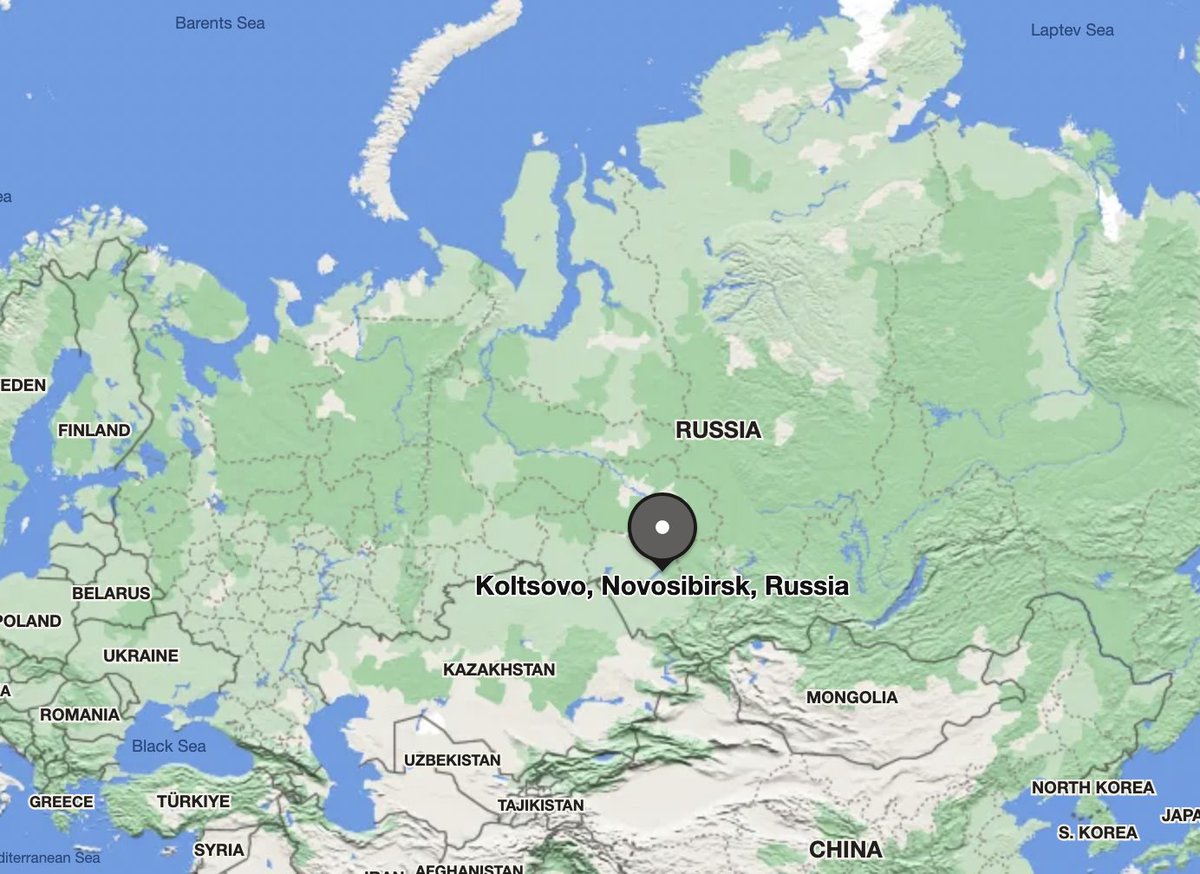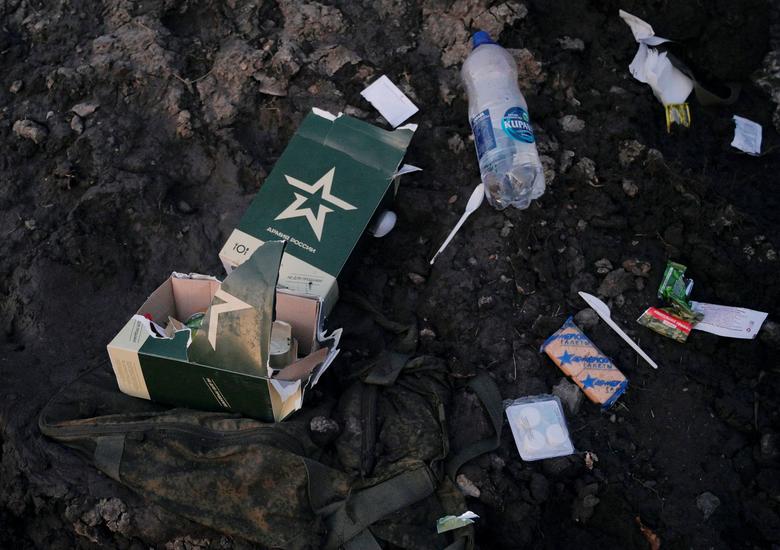
1/ Russian sources say that a fire in Crimea on 10 December in which two mobilised Russian soldiers reportedly died was caused by a potbelly stove in a barracks lacking any lighting or heating. It highlights yet another hazard facing the mobilised. ⬇️
https://twitter.com/bayraktar_1love/status/1601564558912815109
2/ According to the pro-war TalipoV Online Telegram channel, "The bottom line is that mobilized from the mainland of Russia were sent to Sovetskoe, but the place of deployment, to put it mildly, was not ready to accommodate people.
3/ There was no light or heating.
The locals helped as much as they could, bringing food and building materials.
To resolve the issue, the Crimean authorities got involved, the issue with the light should have been resolved the other day, it was kept under control.
The locals helped as much as they could, bringing food and building materials.
To resolve the issue, the Crimean authorities got involved, the issue with the light should have been resolved the other day, it was kept under control.
4/ The barracks was heated by potbelly stoves, somewhere there was a violation of security measures, as a result of which there was a fire.
No casualties were reported, but two people were unofficially reported dead.
No casualties were reported, but two people were unofficially reported dead.
5/ I hope that appropriate conclusions will be drawn, including about those who approved the location of the military.
At the moment, the situation is under the personal control of the Head of the [Crimean] Republic, the military is being provided with comprehensive assistance."
At the moment, the situation is under the personal control of the Head of the [Crimean] Republic, the military is being provided with comprehensive assistance."
6/ There have been many reports of terrible living conditions in barracks (see thread below). Soldiers have described them as little more than slums, often filthy, poorly maintained and lacking heat or electricity.
https://twitter.com/ChrisO_wiki/status/1580838265774829568
7/ In this instance, it's likely that the poor living conditions led indirectly to the soldiers' deaths. Most likely a stove was accidentally knocked over and set fire to a wooden floor – an accident waiting to happen. /end
Source:
t.me/talipovonline/…
Source:
t.me/talipovonline/…
• • •
Missing some Tweet in this thread? You can try to
force a refresh










